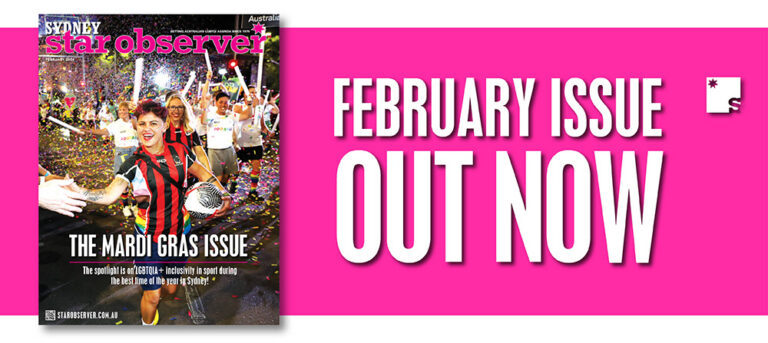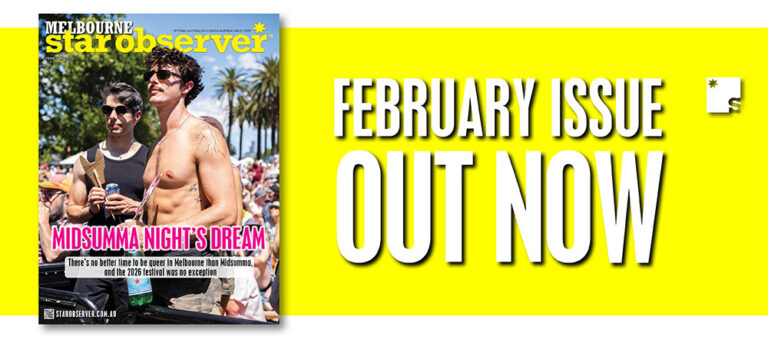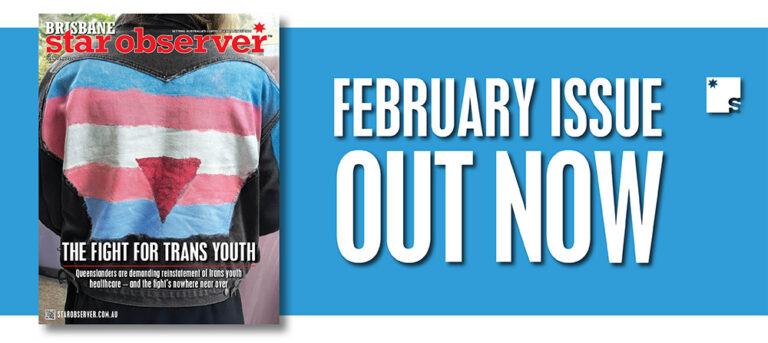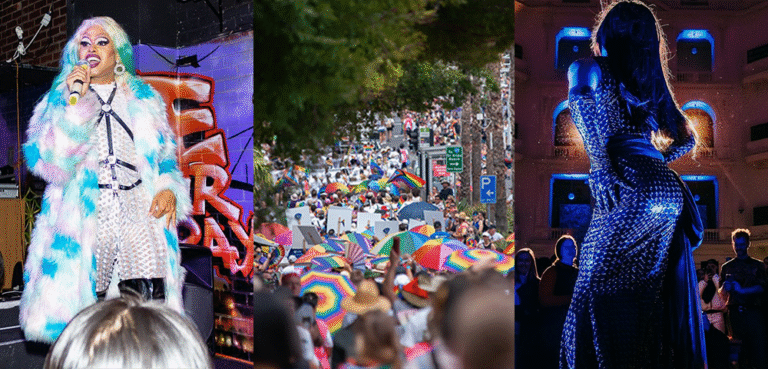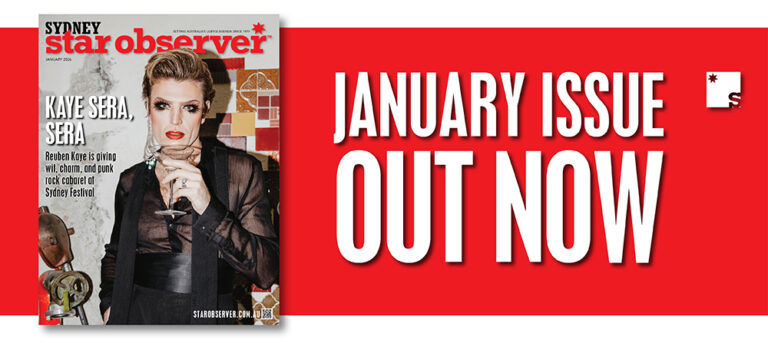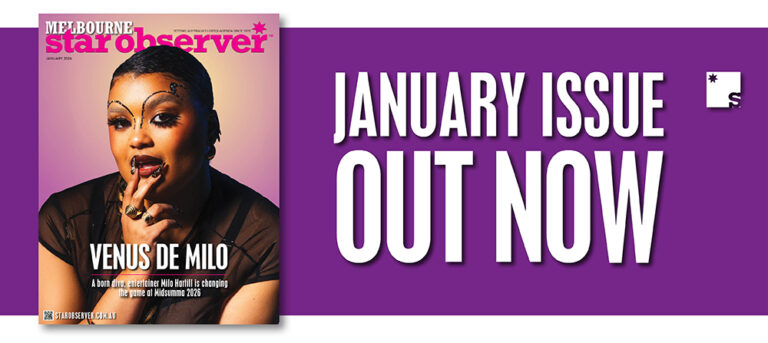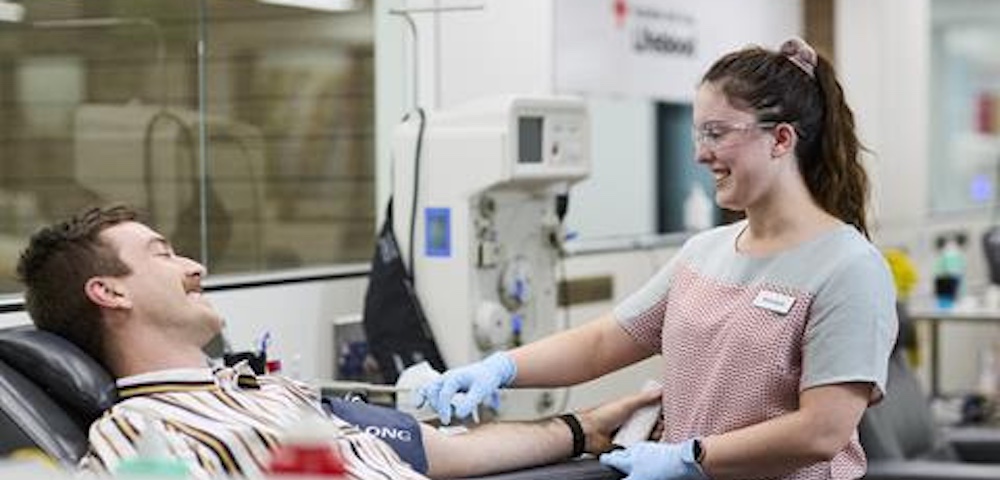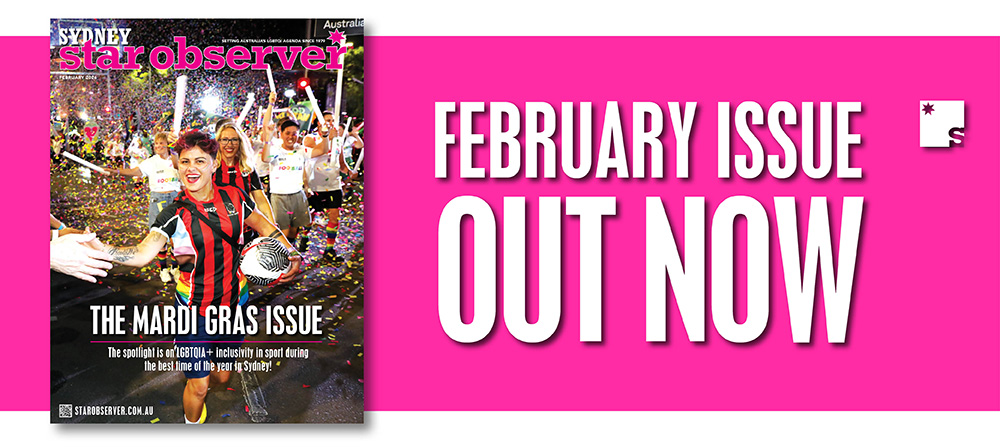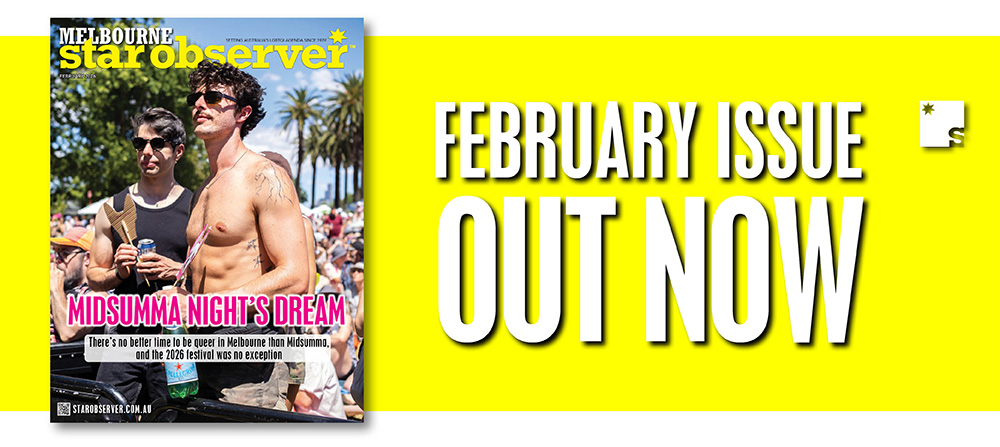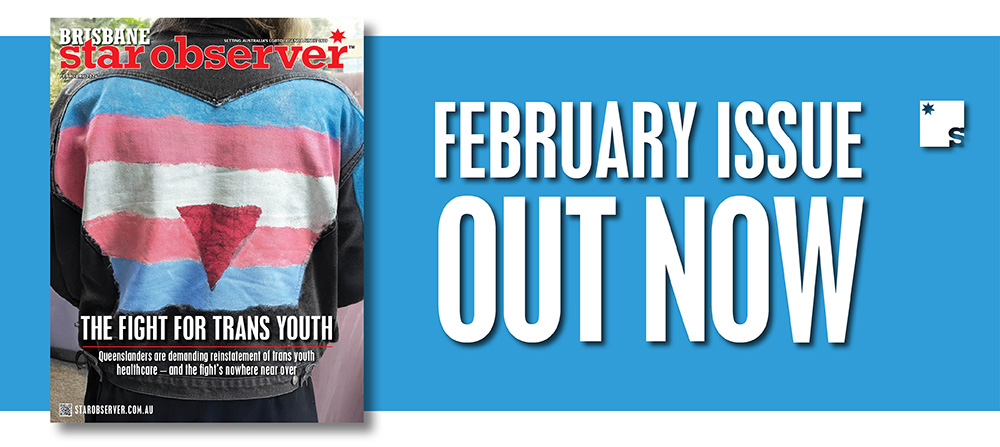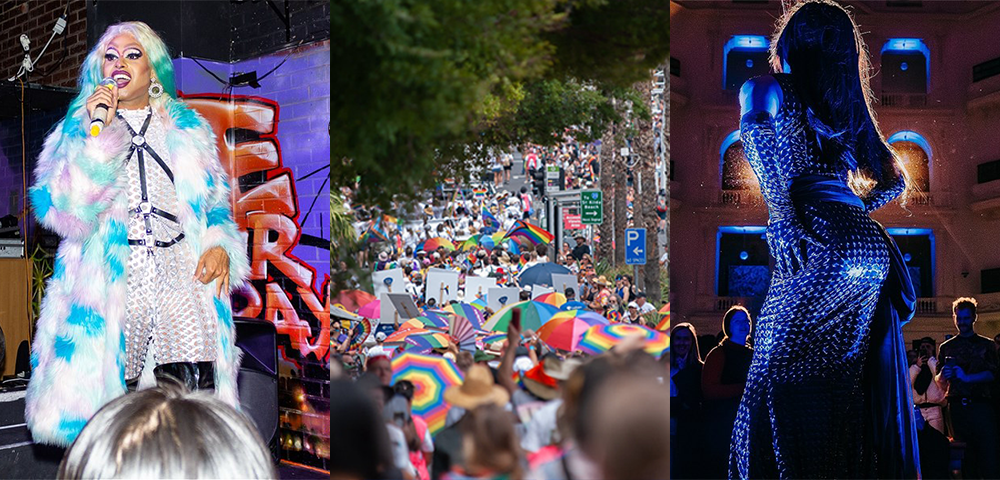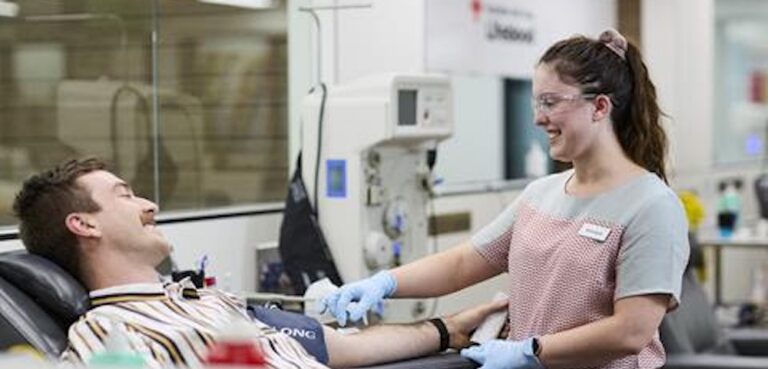
So Bloody Proud: Melbourne Chargers Lead The Charge on New Era of LGBTQ+ Blood Donation
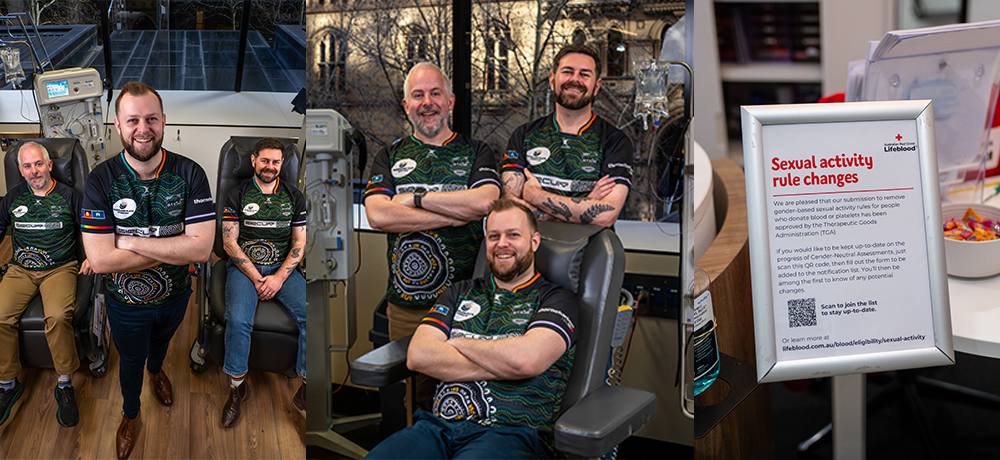
At 7:30am on a chilly winter Monday, a group of burly rugby players in their kits gathered outside the Lifeblood Melbourne Donor Centre on Collins Street. They were there to donate blood for the first time.
They were the Melbourne Chargers, an inclusive rugby team composed mainly of gay and bisexual men, who were first through the doors on the very first day a major change came into effect.
As of 14 July 2025, gay and bisexual men and transgender women became eligible to donate plasma — with full blood donation opening up to our community early next year. This makes Australia the first country in the world to remove all sexual activity-based restrictions on plasma donation.
This is a seismic shift in LGBTQIA+ history — policy finally catching up with science, equity, and the queer community’s ever-present desire to give back.
For decades, sexually active gay and bisexual men and transgender women were barred from blood donation in Australia — a hangover from the AIDS crisis, and a time when discrimination masked itself as public health policy. That ban remained largely unchanged for over 40 years.
Even as science evolved and testing improved, restrictions persisted. Many of us were only allowed to donate if we had been celibate for three months — a deeply stigmatising expectation.
Now, under a new individual risk-based assessment model, donors are screened for specific behaviours, not identities. And with that, thousands of queer people in this country have gone from “not eligible” to “potential lifesavers”.
“We all have something to give. This is one small thing that can literally save a life.”
Chargers player Nick Western told Star Observer the team’s group chat “lit up” with excitement as soon as the policy change was announced.
“There was just so much joy in finally being able to give back,” he said.
Western explained that the new rules are “incredibly emotional” for many queer people. “To me, donating blood was something I always loved — doing it with my mum, knowing I was helping someone. Then that was taken away, because I was gay.”
Determined to celebrate the milestone with action, Western spearheaded a blood/plasma drive for the Chargers. Rolling up their sleeves (figuratively and literally), they showed up in team kits for their very first group donation on the very first day.
“It was important for us to be visible,” said Western. “Being out there, giving to our community, showing up and being counted — that’s how change happens.”
For many players, it was their first time donating. There were nerves, of course. But also pride, in themselves and for community — pride in knowing their blood was just as valuable as anyone else’s.
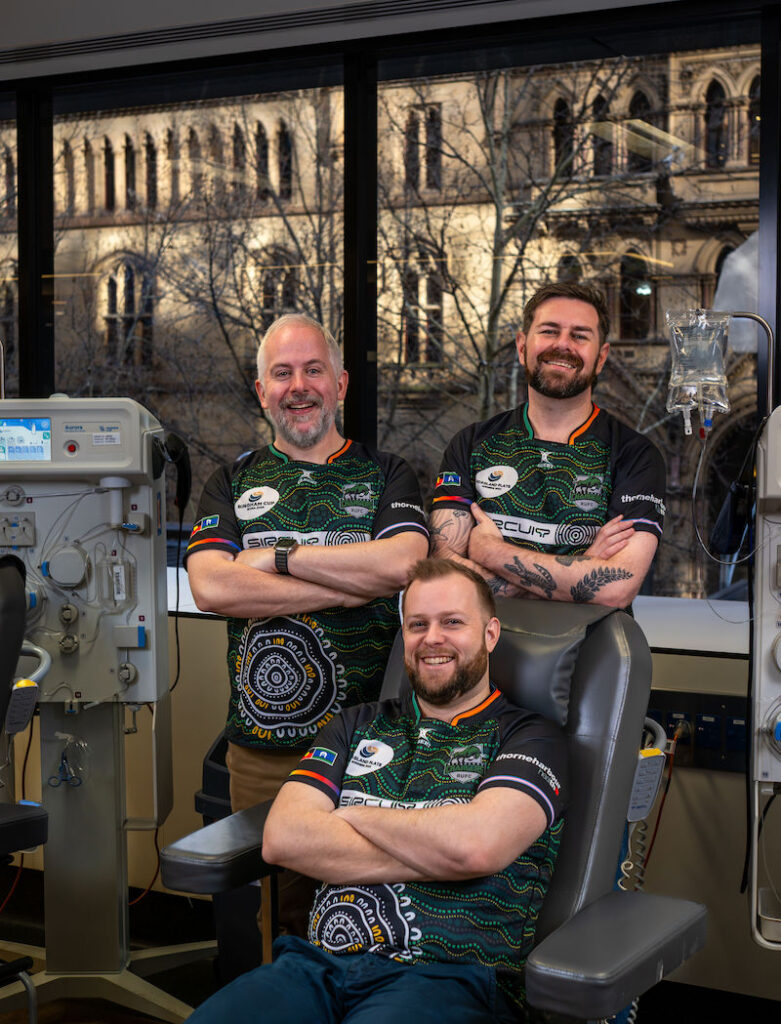
“The team stepped up as role models and created real momentum,” player Matthew Littlejohn tells Star Observer. “It was also just a great vibe — turning up in kit and doing something meaningful together.”
“The camaraderie and passion for this initiative from our players has been so joyous, it was great to see so many of us that were ready to donate as soon as we could,” said Christopher Pezet, the team president for the Chargers.
Martin Commons agreed: “For me, it’s about a small way I can help others, and a small step toward equality. I used to stay quiet during blood drives at work, knowing I wasn’t allowed to participate.
“Now, I get to donate — and do it alongside the Chargers, who’ve become a second family.”
View this post on Instagram
The team has even created a dedicated group to track their collective donations — and are already talking about trying to turn it into a friendly competition with other queer sports clubs.
But for many, this moment is bittersweet. Progress brings relief, but also reminds us of years spent being told our blood wasn’t good enough.
“There are people who say, ‘Why should I donate after how they treated us?’” Western said.
“I think it’s really incredibly important to acknowledge in the 80s and 90s, we went through so much, and I think those concerns are very valid. But one of the things that we are able to do now to eliminate that stigma, is to get out and donate and really show that our blood is just as healthy — gay blood isn’t any different from straight blood.
“We all have something to give. And this is one small thing that can literally save a life.”
For more information about donating, visit lifeblood.com.au.
